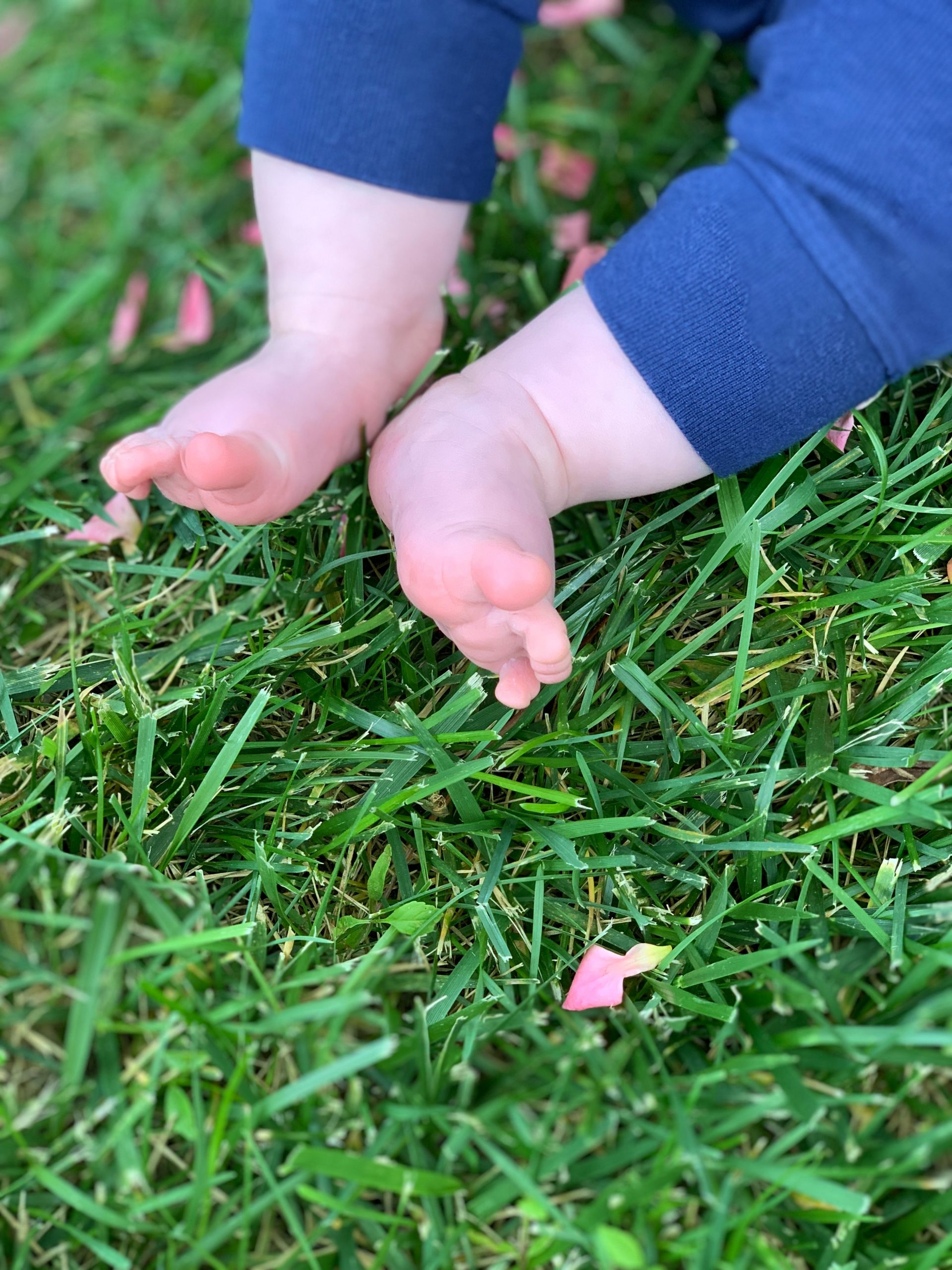 I remember the first time I heard the ocean. I had been interviewing for jobs in downtown Portland. My ex-boyfriend said he and the kids would be at the park when I got done. I asked the people who interviewed me which way the park was, and they laughed at me because there are about nine parks nearby.
I remember the first time I heard the ocean. I had been interviewing for jobs in downtown Portland. My ex-boyfriend said he and the kids would be at the park when I got done. I asked the people who interviewed me which way the park was, and they laughed at me because there are about nine parks nearby.
This was before the days of cell phones, and I had no idea which way to go to find my kids. I was in a strange city and wandered around in heels for what seemed like about an hour. Finally, I remembered my ex-boyfriend had specifically said, “up at the park”, so I headed uphill and happened upon them in the South Park Blocks.
After reuniting, we headed to the Oregon coast. I had a splitting headache, but after dipping my toes in the sand, basking in the sun, and listening to the ocean for a few minutes, my headache disappeared. I thought the sound of waves was the most magical sound I’d ever heard.
Do you ever feel a strong desire to go to the beach or the mountains, or even to just get outside? Do you feel energized when you do? It turns out there are good reasons for that.
God created the earth and everything in it, including us. He created Adam from dust. Thus, we shouldn’t be surprised by how connected we are supposed to be to the earth. Our very existence is intimately connected to the earth.
In the beginning, God created the heavens and the earth. (Genesis 1:1 NKJV)
And the LORD God formed man of the dust of the ground, and breathed into his nostrils the breath of life; and the man became a living being. (Genesis 2:7 NKJV)
God created the earth and everything in it, including us. He created Adam from dust. Thus, we shouldn’t be surprised by how connected we are supposed to be to the earth. Our very existence is intimately connected to the earth.
In today’s world, however, it is easy to lose sight of this connection. Many of us spend most of our time indoors, surrounded by technology and disconnected from nature. We wear shoes that disconnect us from the Earth and have lifestyles that are far removed from the rhythms of nature, which takes a toll on our health.
Scientists have discovered that spending time in nature is good for our health. In this article, I will talk about two activities called grounding and forest bathing. Both activities involve being in nature, and they can have different health benefits.
Grounding, also known as earthing, involves connecting directly with the Earth’s surface. Grounding can be as simple as walking barefoot on grass, sand, or soil. It might involve lying on the ground or using grounding mats or pads such as the mattress pad below.
When grounding, the body can exchange electrons with the Earth. The Earth has a natural electrical charge, and when we make direct contact with the Earth’s surface, the electrons can move between the Earth and our body. This can help neutralize free radicals and inflammation in the body and positively affect our physical and mental health.
For example, studies have shown that grounding can reduce inflammation, improve sleep, and lower stress levels. It may even help with conditions like chronic pain, cardiovascular disease, and depression.
Forest bathing is known as shinrin-yoku in Japan, where it originated. Forest bathing involves immersing yourself in a forest with the intention of relaxing or reducing stress. Having been raised in a small community surrounded by three mountain ranges, I can attest to feeling relaxed and at peace in the forested mountains of Montana.
 Studies have shown that forest bathing can have a positive impact on both physical and mental health. For example, a 2010 study published in Environmental Health and Preventive Medicine found that forest bathing could lower levels of the stress hormone cortisol, lower blood pressure, and improve mood.
Studies have shown that forest bathing can have a positive impact on both physical and mental health. For example, a 2010 study published in Environmental Health and Preventive Medicine found that forest bathing could lower levels of the stress hormone cortisol, lower blood pressure, and improve mood.
Other studies have suggested that forest bathing may boost the immune system and improve sleep. Trees release essential oils called phytoncides, which have antimicrobial and antifungal properties. Breathing in these essential oils can help boost the immune system and reduce the risk of infections and illnesses.
The science demonstrating the benefits of grounding and forest bathing is evidence God intended us to be connected to the Earth. These activities are such simple ways to support physical and mental health. We just need to make connecting a priority.
You may have spent time forest bathing and just didn’t call it that, but have you ever tried grounding? If not, what are you waiting for? Kick off your shoes!

Grounding References
- Improved sleep: A 2017 study published in the Journal of Sleep Research found that grounding improved subjective sleep quality and reduced nighttime cortisol levels in adults with sleep disturbances. (Ghaly & Teplitz)
- Reduced inflammation: A 2015 study published in the Journal of Inflammation Research found that grounding reduced markers of inflammation in the blood, such as C-reactive protein, in adults with chronic pain. (Chevalier et al.)
- Improved cardiovascular health: A 2013 study published in the Journal of Alternative and Complementary Medicine found that grounding improved heart rate variability and reduced blood viscosity in healthy adults, which are markers of improved cardiovascular health. (Chevalier et al.)
- Pain reduction: A 2010 pilot study published in the Journal of Alternative and Complementary Medicine found that grounding reduced pain and improved mood in adults with chronic pain. (Oschman et al.)
- Improved mood: A 2015 study published in the Journal of Environmental and Public Health found that grounding improved mood and reduced feelings of stress and tension in adults. (Mao et al.)
Forest Bathing References
- Reduced stress: A 2010 study published in the Journal of Physiological Anthropology found that forest bathing reduced stress hormones and sympathetic nervous system activity and improved parasympathetic nervous system activity in participants. (Ohtsuka et al.)
- Improved mood: A 2014 study published in the Journal of Environmental Psychology found that forest bathing improved mood and reduced feelings of anxiety and depression in participants. (Annerstedt & Währborg)
- Reduced blood pressure: A 2015 study published in the Journal of the American Heart Association found that forest bathing reduced blood pressure and heart rate variability in participants with hypertension. (Li et al.)
- Improved immune function: A 2007 study published in the International Journal of Immunopathology and Pharmacology found that forest bathing increased natural killer cell activity and the production of anti-cancer proteins in participants. (Li et al.)
- Improved cognitive function: A 2012 study published in the Journal of Affective Disorders found that forest bathing improved cognitive function and reduced symptoms of depression in participants. (Berman et al.)
